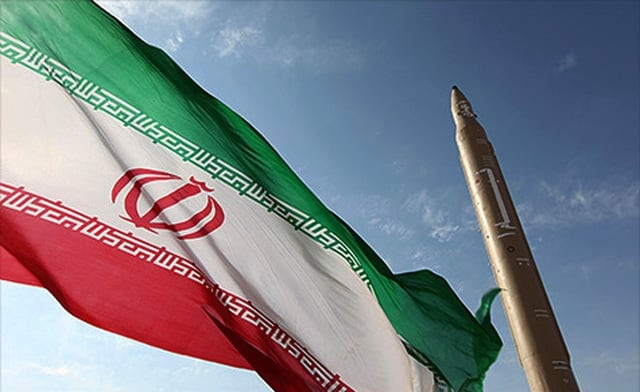Changing dynamics: Iran’s nuclear issue may linger on, say experts
Claim IAEA, other organisations have lost credibility owing to their tilt towards West.

They also said that the International Atomic Energy Agency (IAEA) and other world organisations have lost credibility as they continue to take sides with powerful countries.
They were speaking at a roundtable discussion titled “Iran’s nuclear programme, the deal, prospects and implications” held at the Institute of Policy Studies on Wednesday.
Experts said there were little prospects of a permanent solution to the issue surrounding the Iranian nuclear programme in the foreseeable future.
The extended period of negotiations linked with the interim deal between Tehran and the P5+1--- the US, Russia, China, the United Kingdom, France and Germany, which in 2006 joined the diplomatic efforts with Iran with regard to its nuclear programme, could hardly be expected to produce a lasting arrangement between the two sides, they said.
Quaid-i-Azam University School of Politics and International Relations Associate Prof Dr Nazir Hussain said that though the stakes were high in the negotiations, the changing circumstances in the Middle East in the wake of the US-led campaign against the Islamic State have altered the geo-strategic dynamics of the region.
“The talks on the nuclear programme, therefore, may linger on,” he cautioned.
He was of the view that the solution to the issue lied in declaring the Middle East a “nuclear weapons free-zone”, where all countries refrain from (making efforts) to acquire nuclear weapons. He also said that all countries should have access for civilian use of nuclear energy.
Dr Hussain was of the view that Iran’s nuclear programme was not a threat to any regional countries. “Iran says that they have not attacked any country in the Middle East for the last 500 years,” he said.
Air commodore (retd) Khalid Iqbal lamented the international community’s approach on non-proliferation has been country-specific instead of being based on a set criteria. He backed his argument with the example of a waiver to India for its inclusion into the Nuclear Suppliers Group.
Published in The Express Tribune, September 25th, 2014.



















COMMENTS
Comments are moderated and generally will be posted if they are on-topic and not abusive.
For more information, please see our Comments FAQ